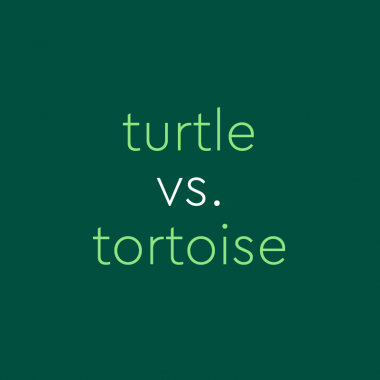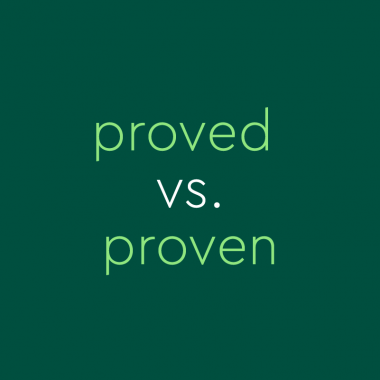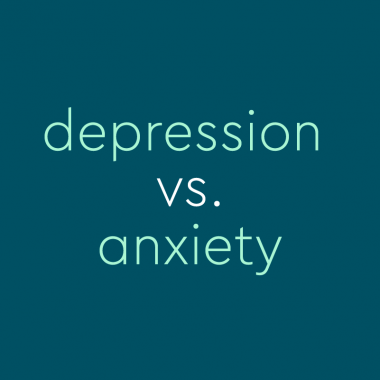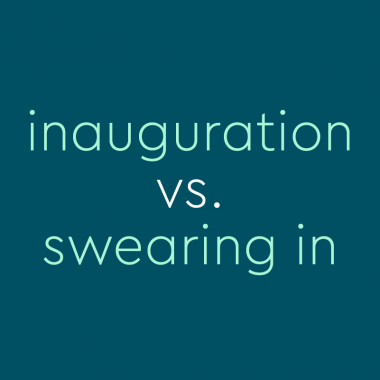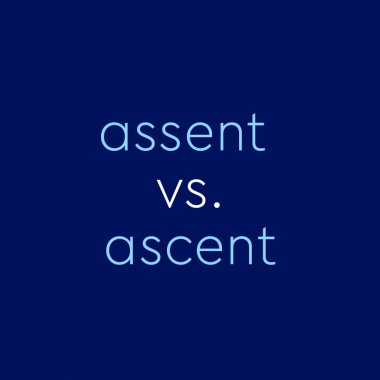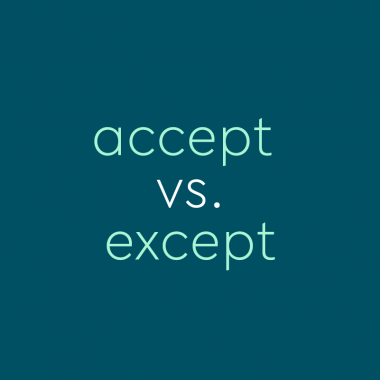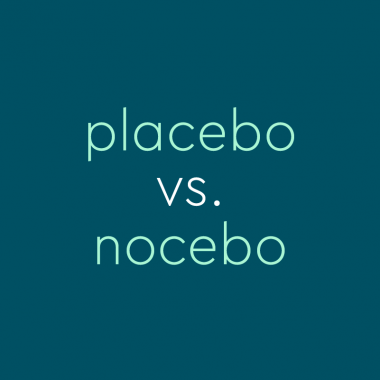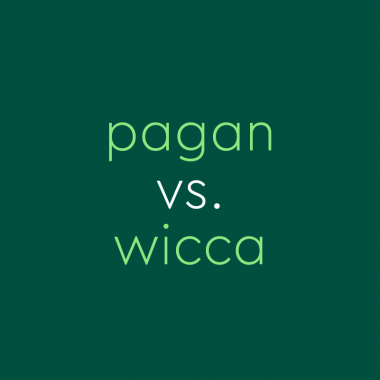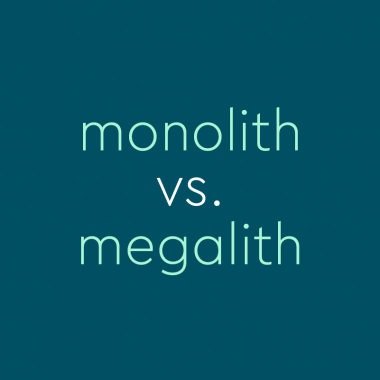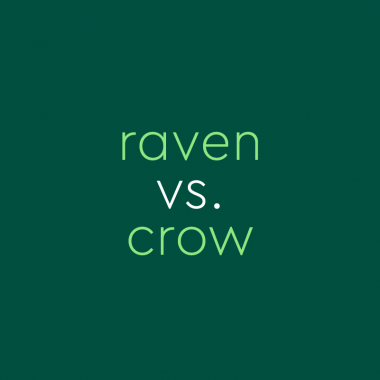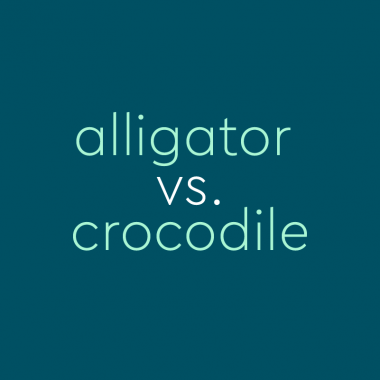“Turtle” vs. “Tortoise”: What’s The Difference?
Those who attended the University of Maryland or are familiar with this institution know to “fear the turtle.” Thanks to their trusty mascot, Testudo, this slogan is a favorite of students and fans. But is Testudo the terrapin actually a turtle or a tortoise? And is there even a difference between them? Let’s take a closer look. What is a turtle? Turtles and tortoises are …
